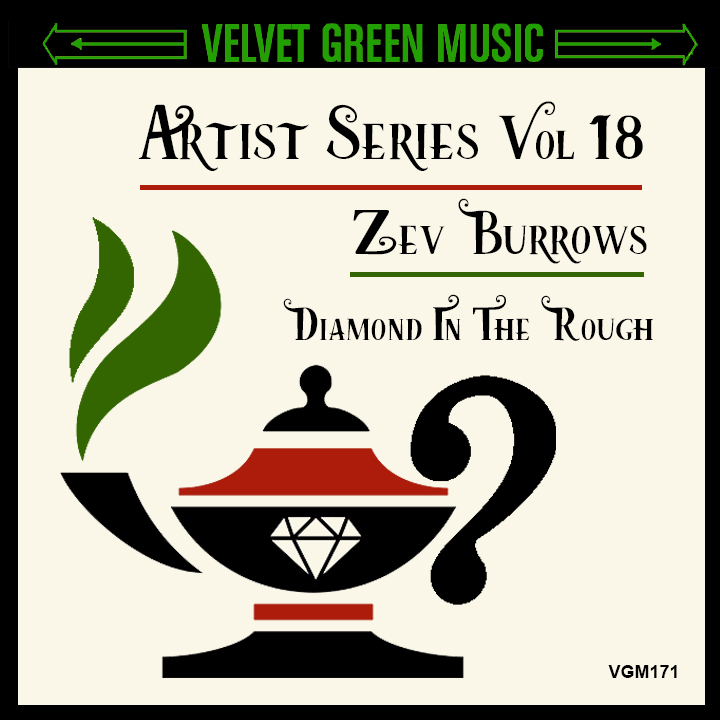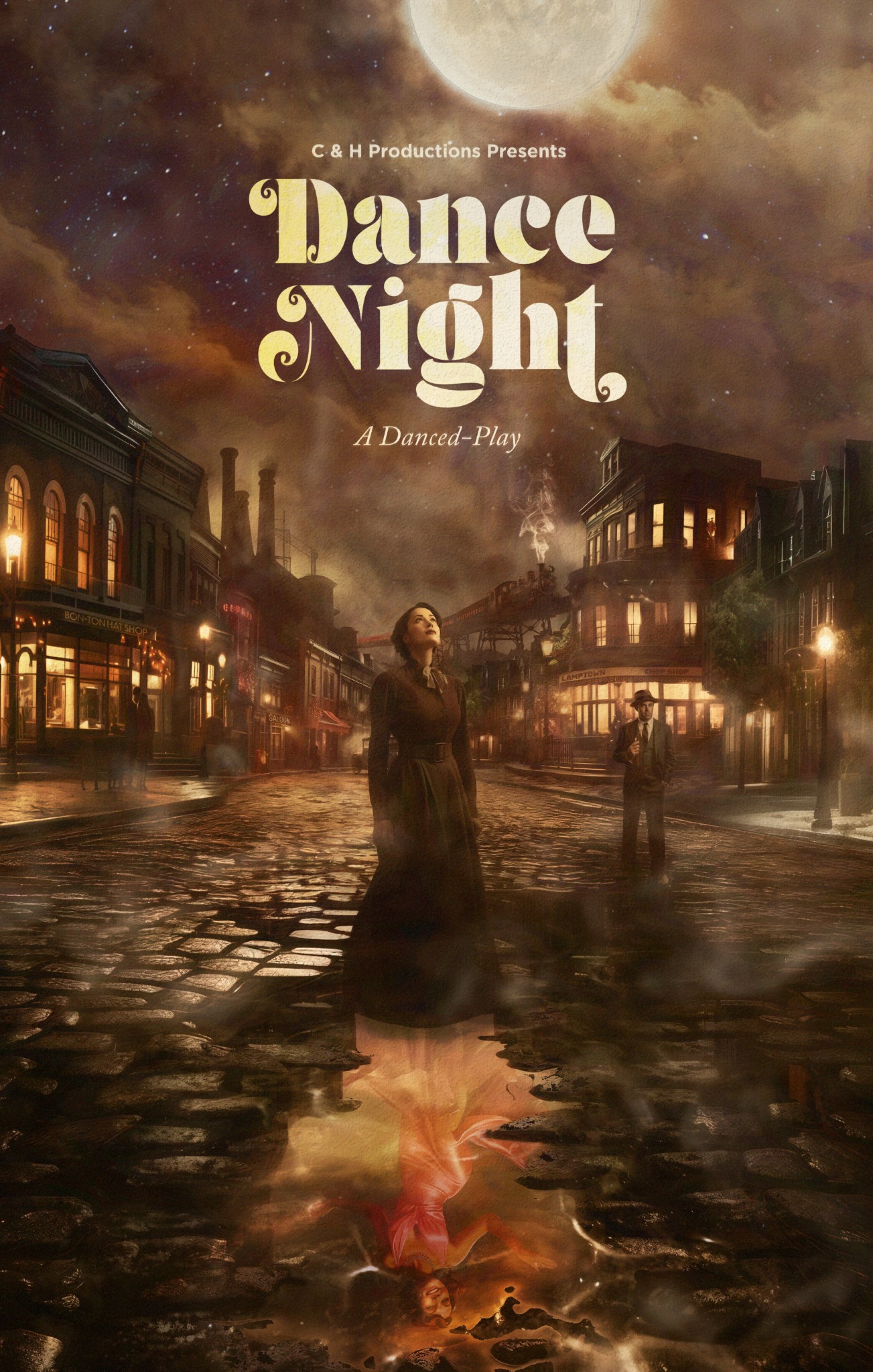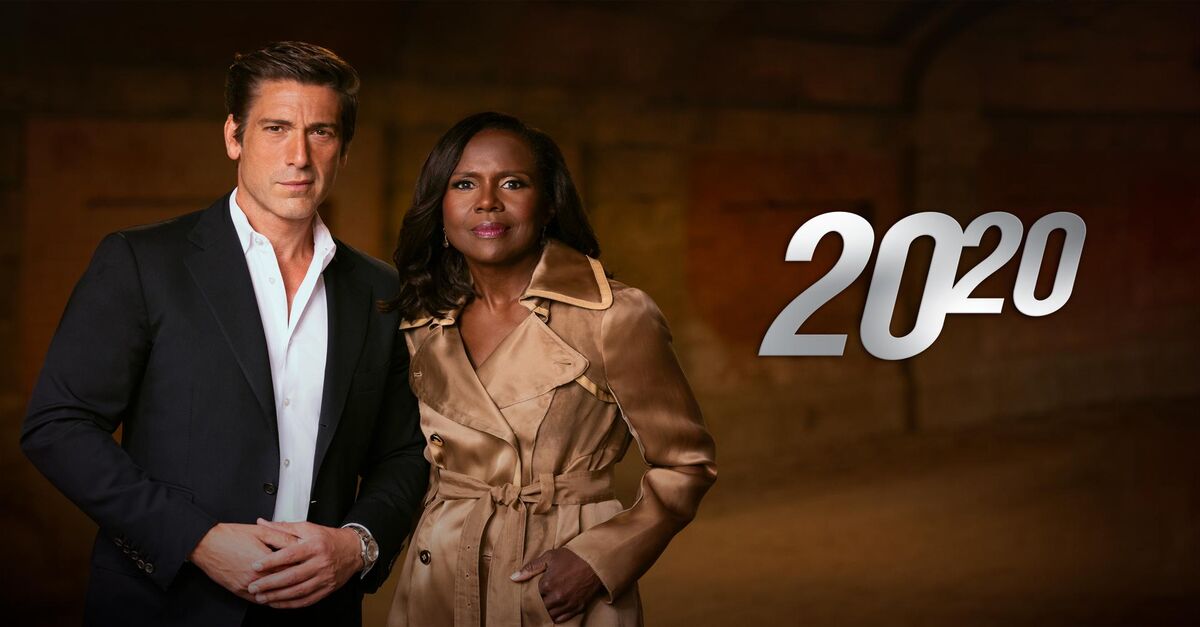We recently connected with Zev Burrows and have shared our conversation below.
Zev, thanks for taking the time to share your stories with us today Let’s jump back to the first dollar you earned as a creative? What can you share with us about how it happened?
I began writing production library music in 2016, about a year after I had graduated from Berklee College of Music with a degree in film scoring and drama. The first library I ever wrote for was Velvet Green Music, a brand new library at the time for which I ended up writing about 100 tracks. The most important thing I learned about this trade is that library music is a long-term commitment, meaning revenue and placements will not be instantaneous. In fact, it’s rare if you get one or both of those things instantaneously from any track! Some tracks may be placed two weeks after you finish them, others will sit for 5 or 7 years before they’re licensed. But the first time any track of mine got used anywhere was about a year after I started writing library music: I was sitting at home on a Wednesday night, and out of the blue my supervisor at Velvet Green emailed me to say one of my tracks had been licensed for a Facebook ad. The next thing I knew, I had another email saying that I had money from the library show up in my PayPal account. This particular track had been first released about six months previously. I was elated that someone wanted to spend actual money to use one of my tracks – it wasn’t the first time I felt I was doing something right in the field, but it was certainly the first time I knew I had a future doing it.
But the important thing to remember is that you don’t get into any creative field to get rich, and you certainly don’t go into it as a “get rich quick” scheme. If you do, one of two things are bound to happen: either you’ll be chewed up and spat out, or you may get rich quick but the road downhill will be a long and perilous one. I got into the business of composing music because I love it, and I can’t imagine doing anything else. I grew to enjoy the process of library music very much, and I know that’s always an option for me to stay creative, stay productive, and stay happy.

As always, we appreciate you sharing your insights and we’ve got a few more questions for you, but before we get to all of that can you take a minute to introduce yourself and give our readers some of your back background and context?
I got into the business of composing music for stage and screen by accident. By all means, I should have ended up as a guitarist in a rock band, as that was what I spent the majority of my middle and high school years doing! But I’ve always loved the sound of the orchestra and I’ve always loved telling stories through songs; and even though I chose the composing route I still find ways to incorporate my guitar playing into my work every single day.
I feel sometimes that I’m growing into a multi-hyphenate of sorts: my primary work is composing music for film, television, theatre, and advertising, but I’ve dipped my feet into lyric writing, arranging, orchestration, music copying, music assisting, playing guitar and glockenspiel on spec for certain musical projects, and even teaching music in private and group settings. When it comes to composing, my clients are generally producers, directors, and editors. As a composer for film and TV, I think of music as the final piece in a giant jigsaw puzzle, as an element that says something no other facet of the process is capable of saying. I was talking to a producer last week, and I was telling him that composers do more than just write the music: in a way, we’re psychologists. We want the director or producer to tell us about the character’s inner emotions and insecurities, rather than say “I want three flutes in the key of C Major”. The best director/composer collaborations, whether it’s Alfred Hitchcock and Bernard Herrmann, Paul Verhoeven and Jerry Goldsmith, or more recently Jonathan Glazer and Mica Levi, all operate this way.
I’m most proud of the fact that I can put food on the table and a roof over my head with the art I create, whether through steady placements on ABC 20/20 or scoring short films and documentaries. What sets me apart is that I will always want to know everything about what I’m doing when it’s time to tell a story through music. I always encourage directors and producers to tell me as much as they can about their characters and their stories. For example, Bernard Herrmann accepted the job to score “Taxi Driver” because he was interested by the fact that Travis Bickle ate his cereal with peach brandy when he read the script! And it resulted in one of the most captivating scores of his career.

Let’s talk about resilience next – do you have a story you can share with us?
For four years I was writing musicals with an older fellow who was writing the book and lyrics. He would often hand me the book and lyrics already finished, with vague concepts of what he wanted the music to be. At first I liked the process, probably because I hadn’t yet grown to be comfortable with challenging or questioning a collaborator in any way. But when the pandemic hit and I began writing with another collaborator who I would share a ton of back and forth with on a weekly basis, I realized that even though my first collaborator and I had written some good songs and had actually gotten some readings and competitions through our work, I was growing more and more frustrated with the process and increasingly disenchanted with the musicals because I hadn’t been questioning him in ways I absolutely should have. We ended up splitting about three years ago, and despite being a relief in many ways, breaking up with a partner, whether professional or personal, is always shattering. Of course, I retained all the rights to my music, meaning I can reuse it if I choose (though I generally prefer to start fresh and not go back to old music unless it feels right). But it certainly felt like a setback in more ways than one, especially because I had invested four years’ worth of work into four full-length musicals and a few short musicals, only one of which I have anything close to a regret about walking away from.
The lesson here is, always have communication with your collaborator. Question or challenge their ideas in constructive ways, because the work and the relationship will always blossom as a result.
What do you think is the goal or mission that drives your creative journey?
I used to think the goal was to land a Tony or an Oscar. But I did a project with a prominent music coordinator in the New York area recently who told me that my new goal should be to keep my phone ringing. I wish someone had said that to me when I was just starting in this business some eight or nine years ago.
Contact Info:
- Website: https://www.zevburrowsmusic.com/
- Instagram: https://www.instagram.com/zevburrowscomposer/?hl=en
- Linkedin: https://www.linkedin.com/in/zev-burrows-3343aa149/
- SoundCloud: https://soundcloud.com/zev-burrows

Image Credits
Photo by Michael Kushner Photography (for the hands striking the keys photo, and for the main headshot at overlooking the piano)


